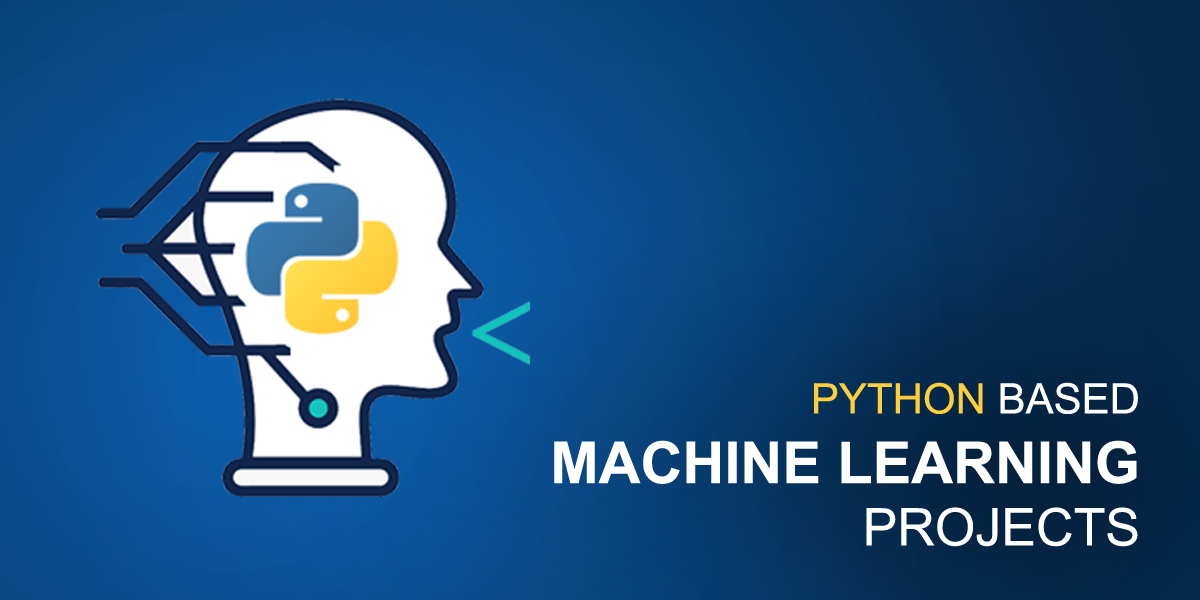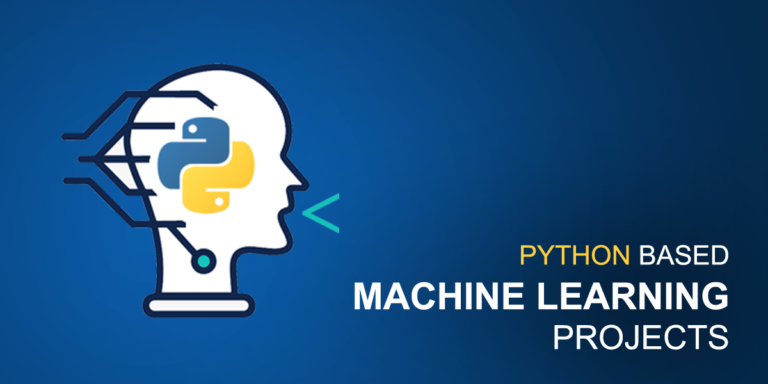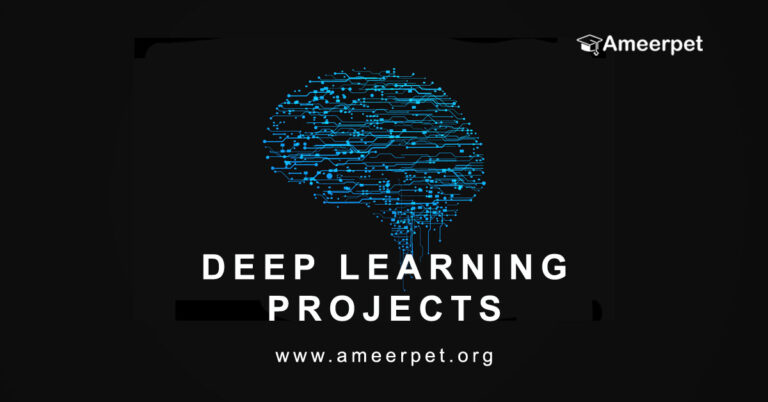
Abstract:
Training a deep neural network without overfitting is difficult with limited training data. This article proposes an adversarial data augmentation network (ADAN) based on GANs to solve this problem. GAN, autoencoder, and auxiliary classifier make up ADAN. These adversarially trained networks synthesize class-dependent feature vectors in both the latent and original feature spaces, which can be added to real training data for classifier training. Wasserstein divergence is used instead of cross-entropy loss for adversarial training to create high-quality synthetic samples. EmoDB and IEMOCAP were used to evaluate the proposed speech emotion recognition networks. The gradient vanishing problem can be mitigated by forcing synthetic and real latent vectors to share a representation. The proposed networks generate augmented data rich in emotion information. Thus, the emotion classifiers compete with cutting-edge speech emotion recognition systems.
Note: Please discuss with our team before submitting this abstract to the college. This Abstract or Synopsis varies based on student project requirements.
Did you like this final year project?
To download this project Code with thesis report and project training... Click Here


